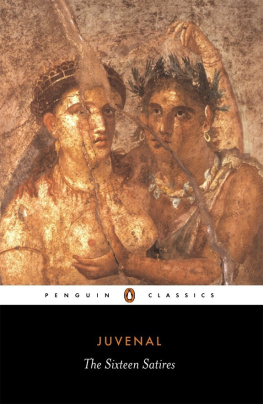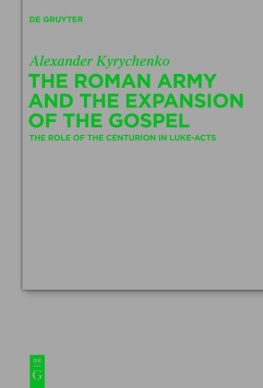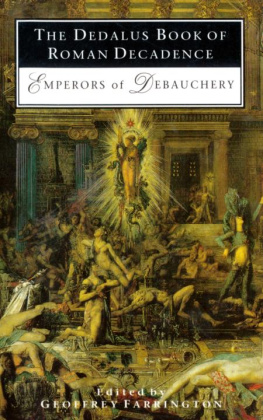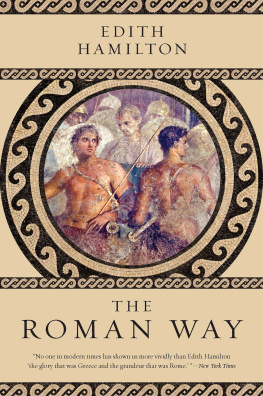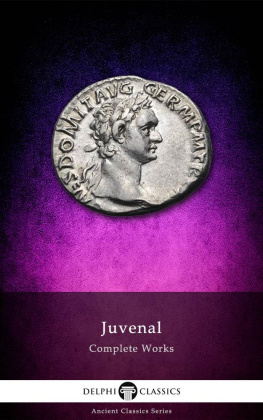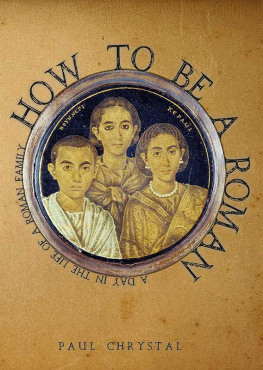Act. Class. | Acta Classica (South Africa) |
Ael. | Aelian (Claudius Aelianus), AD 165/70 230/5, essayist |
NA | De Natura Animalium |
AJAH | American Journal of Ancient History |
AJPh | American Journal of Philology |
Anc. Soc. | Ancient Society |
ANRW | Aufstieg und Niedergang der rmischen Welt (Berlin: 1972 ) |
App. | Appian[os], fl. 2nd c. AD, historian |
Bell. Civ. | Civil Wars |
Mithr. | Mithridatic Wars |
Ap. Rhod. | Apollonios Rhodios,? 305 ?230 BC, epic poet |
Arg. | Argonautika |
Apul. | Apuleius of Madaurus, AD 123 ?170, orator and novelist |
Met. | Metamorphoses (also known as The Golden Ass) |
Arat. | Aratos of Soloi, c. 315 c. 240 BC, didactic poet |
Phaen. | Phaenomena |
Arist. | Aristotle of Stagira, 384 322 BC, philosopher |
HA | Historia Animalium |
PA | De Partibus Animalium |
Pol. | Politica (Politics) |
Aristoph. | Aristophanes, c. 450 c. 385 BC, comic playwright |
ASNP | Annali della Scuola Normale Superiore di Pisa (Classe di Lettere e Filosofia) |
Athen. | Athenaeus of Naukratis, fl. c. AD 200, polymath |
Aug. | St Augustine (Aurelius Augustinus) of Hippo, AD 354 430, theologian |
Civ. Dei | De Civitate Dei |
Aul. Gell. | Aulus Gellius, c. AD 130 c. 180, essayist |
AUMLA | Journal of the Australasian Universities Language and Literature Association |
Aur. Vict. | Aurelius Victor, Sextus, fl. c. AD 370, historian |
Caes. | Caesares |
BICS | Bulletin of the Institute of Classical Studies (London) |
Boll. di Stud. Lat. | Bollettino di Studi Latini |
Braund, JS I | S. Braund, Juvenal: Satires, Book I (Cambridge: 1996) |
Caes. | G. Julius Caesar, 100 44 BC, statesman and historian |
Bell. Gall. | De Bello Gallico |
Catull. | G. Valerius Catullus of Verona, 84 54 BC, poet |
CB | Classical Bulletin |
Cic. | Marcus Tullius Cicero, 106 43 BC, statesman, orator |
Att. | Ad Atticum |
De Amic. | De Amicitia |
De Div. | De Divinatione |
De Fin. | De Finibus |
De Inv. | De Inventione Rhetorica |
De Offic. | De Officiis |
De Rep. | De Republica |
ND | De Natura Deorum |
CIL | Corpus Inscriptionum Latinarum (Berlin: 1863 ) |
CJ | Classical Journal |
Class. &Med. | Classica et Medievalia (Copenhagen) |
Colum. | Lucius Iunius Moderatus Columella of Gades, fl. 1st c. AD, agricultural writer |
Courtney | E. Courtney, A Commentary on the Satires of Juvenal (London: 1980) |
CPh | Classical Philology |
CQ | Classical Quarterly |
CR | Classical Review |
CSCA | California Studies in Classical Antiquity |
CW | Classical Weekly |
Dem. | Demosthenes, 384 322 BC, Athenian orator |
Dial. di Arch. | Dialoghi di Archeologia |
Dio Cass. | Cassius Dio Cocceianus of Nicaea, c. AD 160 c. 235, historian |
Epit. | Epitome Historiarum |
Diod. Sic. | Diodorus Siculus of Agyrium, fl. c. 50 BC, historian |
Diog. Laert. | Diogenes Laertius, early 3rd c. AD philosophical biographer |
Dion. Hal. | Dionysius of Halicarnassos, c. 50 BC ? c. AD 25, rhetor and historian |
RA | Antiquitates Romanae |
Diss. Abs. | Dissertation Abstracts |
Eur. | Euripides, c. 485 c. 406 BC, Athenian tragedian |
IT | Iphigenia Taurica (Iphigeneia in Tauris) |
Orest. | Orestes |
Ferguson | J. Ferguson, Juvenal: The Satires (New York: 1979) |
G. & R. | Greece&Rome |
GIF | Giornale Italiano di Filologia |
Green, AA | Peter Green, Alexander to Actium: The Historical Evolution of the Hellenistic Age (revd, impr., Berkeley: 1993) |
JR | Juvenal Revisited in Classical Bearings: Interpreting Ancient History and Culture (London: 1989) 240 55 |
Hdt. | Herodotos of Halicarnassos, c. 485 c. 425 BC, historian |
Hes. | Hesiod of Ascra, fl. c. 700 BC, epic poet |
WD | Works and Days |
Highet | G. Highet, Juvenal the Satirist: A Study (Oxford: 1954) |
Hom. | Homer, fl.?c. 750 BC, epic poet |
Il. | Iliad |
Od. | Odyssey |
Hor. | Horace: Q. Horatius Flaccus, 65 8 BC, poet |
Epist. | Epistulae |
Sat., Serm. | Satirae or Sermones |
HSCPh | |

